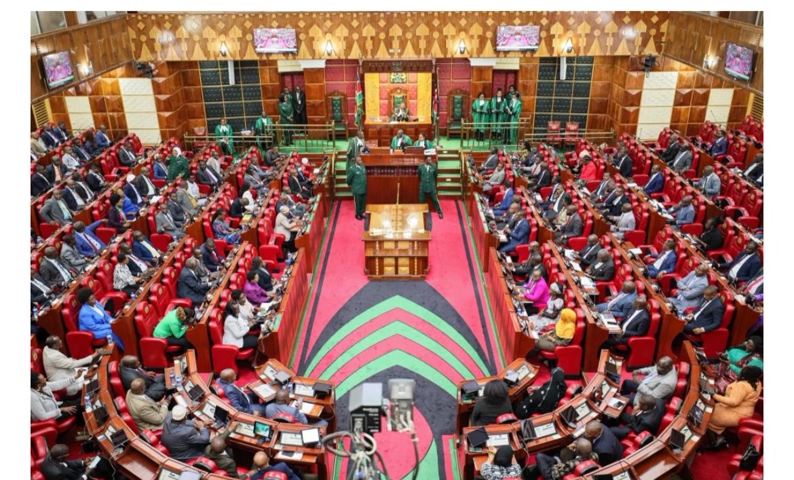
By Onoja Baba, Nigeria
In an unprecedented move to reduce Nigeria’s high maternal and infant mortality rates, the Federal Government has launched a national initiative to provide free caesarean sections for women who need them across the country.
This landmark announcement was made by the Coordinating Minister of Health and Social Welfare, Prof. Muhammad Pate, in Abuja on Thursday during the launch of the Maternal Mortality Reduction Initiative (MMRI) at the Joint Annual Health Review conference.
The Federal Ministry of Health and Social Welfare, on its official X handle, posted, “In a powerful move, Coordinating Minister @muhammadpate just announced that Cesarean Sections for all Nigerian women who need them will now be FREE!” The minister affirmed that “no woman should lose her life simply because she can’t afford a C-section,” underscoring the administration’s commitment to addressing Nigeria’s maternal health crisis.
Prof. Pate highlighted that this initiative is a core part of the government’s strategy to tackle Nigeria’s alarmingly high maternal and neonatal mortality rates, among the worst globally.
The MMRI targets vulnerable women who qualify for the program, covering procedures in both public and private hospitals under the National Health Insurance Authority (NHIA) system.
“By removing financial barriers to this life-saving procedure, we ensure that no woman in need is denied critical care due to cost,” Prof. Pate stated, pointing out that 172 local governments contribute to over 50 percent of maternal deaths nationwide. “By focusing resources on these high-burden areas, MMRI will address the greatest areas of need,” he added.
To make this initiative effective, the NHIA will coordinate with the National Primary Health Care Development Agency and State Health Insurance Agencies to manage reimbursements, ensuring sustainable service delivery for both public and private providers.
The program also emphasises community health worker involvement, a priority under President Bola Tinubu’s administration, which aims to recruit 120,000 additional health workers to strengthen primary healthcare in rural and underserved areas. Community health workers are seen as essential to creating awareness around maternal care, educating families on antenatal and neonatal services, and guiding women to facilities offering free caesareans when necessary.
In areas with limited access to healthcare, the National Emergency Medical Service and Ambulance System has been revitalised to provide timely transport for emergencies, a critical component of MMRI designed to bridge maternal and newborn care gaps.
Pate also acknowledged the vital contributions of Nigeria’s development partners in aligning resources and expertise with the nation’s health priorities. “Their commitment exemplifies a shared dedication to health equity and the well-being of every Nigerian,” he said. He called on state governments, healthcare leaders, and communities to actively support this initiative for its success.
The MMRI, through demand generation, expanded emergency services, and the elimination of financial barriers, is intended to reshape Nigeria’s healthcare system, ensuring that quality maternal and newborn care is accessible to every Nigerian. Prof. Pate concluded, “Together, we are building a future where no mother or child is left behind in accessing the quality, affordable care they deserve.”
categories
recent posts

NIGERIA: Lagos To Introduce Special Number Plates For Persons With Disabilities

NIGERIA: Afrobeats Star Spyro Dedicates New Hous

NIGERIA: IGP Reorganizes Police Mobile Force to Boost Internal Security

South Sudan Delegation Granted Visas for World Bank Annual Meeting

